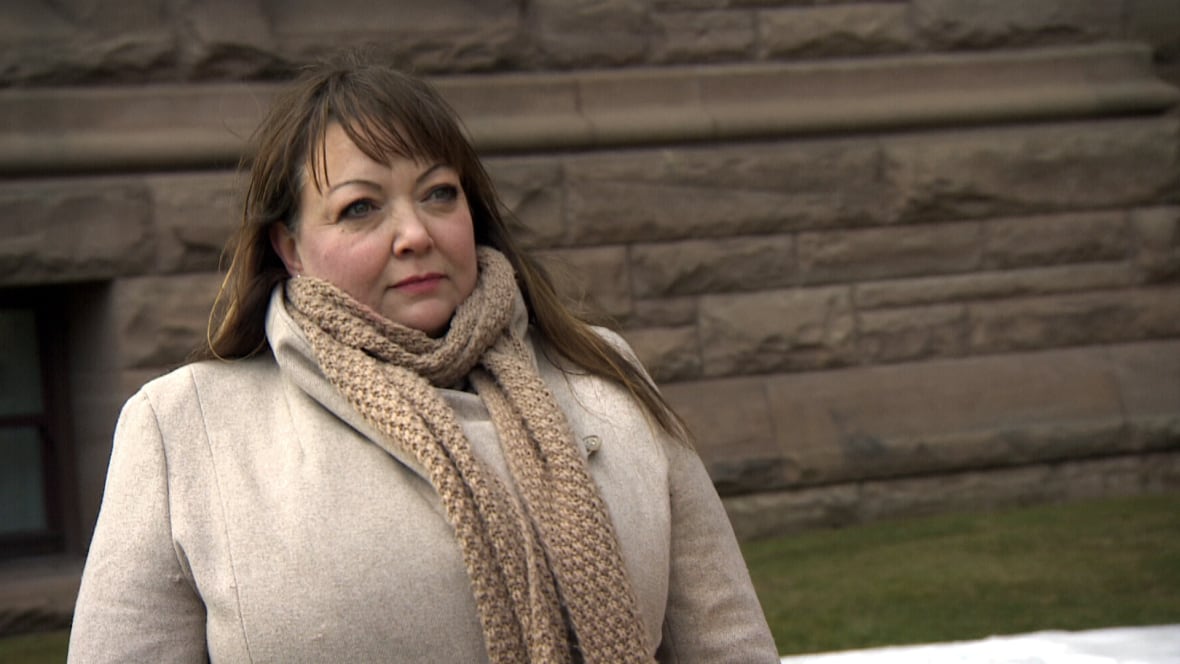An Ontario court has thrown out a Charter challenge of a long-term care law that allows hospitals to move people into homes they didn’t choose, or charge them $400 a day if they want to go elsewhere.
The case — brought forward by the Advocacy Centre for the Elderly (ACE) and the Ontario Health Coalition — was heard in the Superior Court of Justice in September and the decision was released Monday.
The two parties argued Bill 7, the More Beds, Better Care Act, violates the Charter of Rights and Freedoms. According to the province, however, the law is necessary to free up much-needed hospital beds.
In the published decision, Justice Robert Centa says the law doesn’t contravene the Charter of Rights and Freedoms. The bill “does not interfere with an ALC [alternate level of care] patient’s ‘right’ to choose where they live,” and the $400 daily charge for a continued hospital stay is “not coercive,” Centa wrote.
Instead, Bill 7 has a “sufficiently important objective,” the justice added.
“I found that the purpose of Bill 7 is to reduce the number of ALC patients in hospital who are eligible for admission to a long-term care home in order to maximize hospital resources for patients who need hospital-level care.”
Natalie Mehra, executive director of the Ontario Health Coalition, told CBC News on Friday that the outcome is “distressing.”
“We’re deeply, deeply disappointed. The problem still remains and it’s a major problem,” she said.
“The patients are being pushed out of hospital, and these are frail, elderly patients in the last weeks and months of their lives.”

The controversy behind the law
The bill was passed by Premier Doug Ford’s government in September 2022, and has sparked outrage among advocates, seniors and their caretakers.
Bill 7 allows hospital placement co-ordinators to choose a nursing home for a patient who has been deemed by a doctor as needing an alternate level of care, without consent.
Patients are still allowed to choose long-term care homes they prefer. But if the home they want has a waitlist and the patient decides to stay in hospital while they wait for the home to become available, they could be charged $400 a day.
Hospital placement co-ordinators can also share patients’ health information to long-term care homes without consent. Patients can be sent to nursing homes up to 70 kilometres from their preferred spot in southern Ontario and up to 150 kilometres away in northern Ontario.
CBC has reached out to the province and the Advocacy Centre for the Elderly for comment.
Family of person charged $26K calls ruling ‘disgusting’
Tecumseh resident Michele Campeau said her mom was charged $26,000 under the legislation last year because Campeau refused to move her mom out of a Windsor hospital and into a long-term care home that they didn’t want.

After hearing the Charter challenge had been tossed, Campeau told CBC she was “not surprised,” but “it’s disgusting.”
She said she doesn’t agree with the ruling and hopes there’s another way the law can get overturned.
Bill 7 “does violate their choice. Basically they’re telling you, ‘You take what we give you … or we’re going to charge you this extraordinary amount of money,'” said Campeau, whose mom has dementia.
Campeau received a final bill last spring and says she still doesn’t plan to pay it.
Ontario Health Coalition might appeal
According to Mehra, the Ontario Health Coalition’s lawyers are reviewing the decision to determine whether it can be appealed.
Mehra said they still believe the bill violates Charter rights, and it threatens and pushes people into making decisions they might not be ready for.
“We have a lot of people who phone [us] and they’re in distress, and they’re in the hospital and they’re sending in five people, [like a] patient flow manager and a social worker, administrator and this and that, to try and pressure the patient or their loved one to move them out — anywhere, just anywhere,” she said.
“And it’s just awful.”
Mehra added there are still a lack of available hospital and long-term care beds, and the government still needs to find ways to deal with this.
#Charter #challenge #Ontarios #controversial #longterm #care #law #thrown #court












Leave a Reply